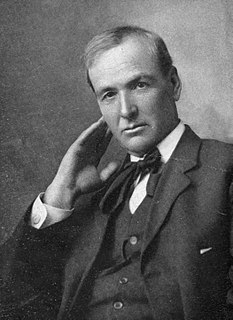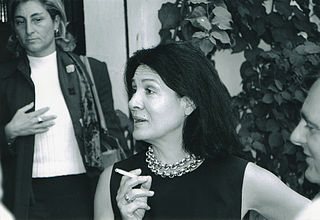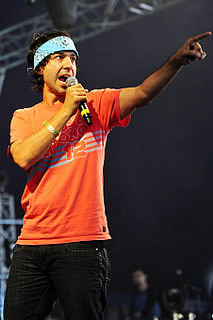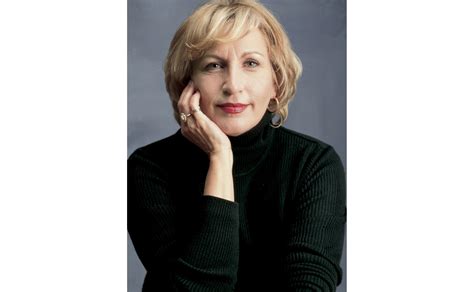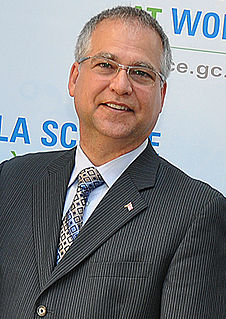A Quote by E. W. Howe
When a friend is in trouble, don't annoy him by asking if there is anything you can do. Think up something appropriate and do it.
Related Quotes
I went up on my toes to kiss him, and he groaned. "Do you really think this is appropriate on school grounds?" "Nope." I wrapped my arms around his neck. "And I happen to know there isn't an appropriate thought running through your head right now." "Or any other time." Tod pulled me close and held me so tight my ribs almost hut, but I didn't want him to let go. Ever.
People always think of technology as something having silicon in it. But a pencil is technology. Any language is technology. Technology is a tool we use to accomplish a particular task and when one talks about appropriate technology in developing countries, appropriate may mean anything from fire to solar electricity.
He lifted the arm covering his eyes and turned his head to glare at her. "I knew you were trouble the first time I saw you."
"What do you mean, trouble?" She sat up, glaring back at him. "I am not trouble! I'm a very nice person except when I have to deal with jerks!"
"You're the worst kind of trouble," he snapped. "You're marrying trouble."
For I do not want any one to read my book carelessly. I have suffered too much grief in setting down these memories. Six years have already passed since my friend went away from me, with his sheep. If I try to describe him here, it is to make sure that I shall not forget him. To forget a friend is sad. Not every one has had a friend. And if I forget him, I may become like the grown-ups who are no longer interested in anything but figures.
Twice in her life she had mistaken something else for it; it was like seeing somebody in the street who you think is a friend, you whistle and wave and run after him, and it is not only not the friend, but not even very like him. A few minutes later the real friend appears in view, and then you can't imagine how you ever mistook that other person for him. Linda was now looking upon the authentic face of love, and she knew it, but it frightened her. That it should come so casually, so much by a series of accidents, was frightening.
